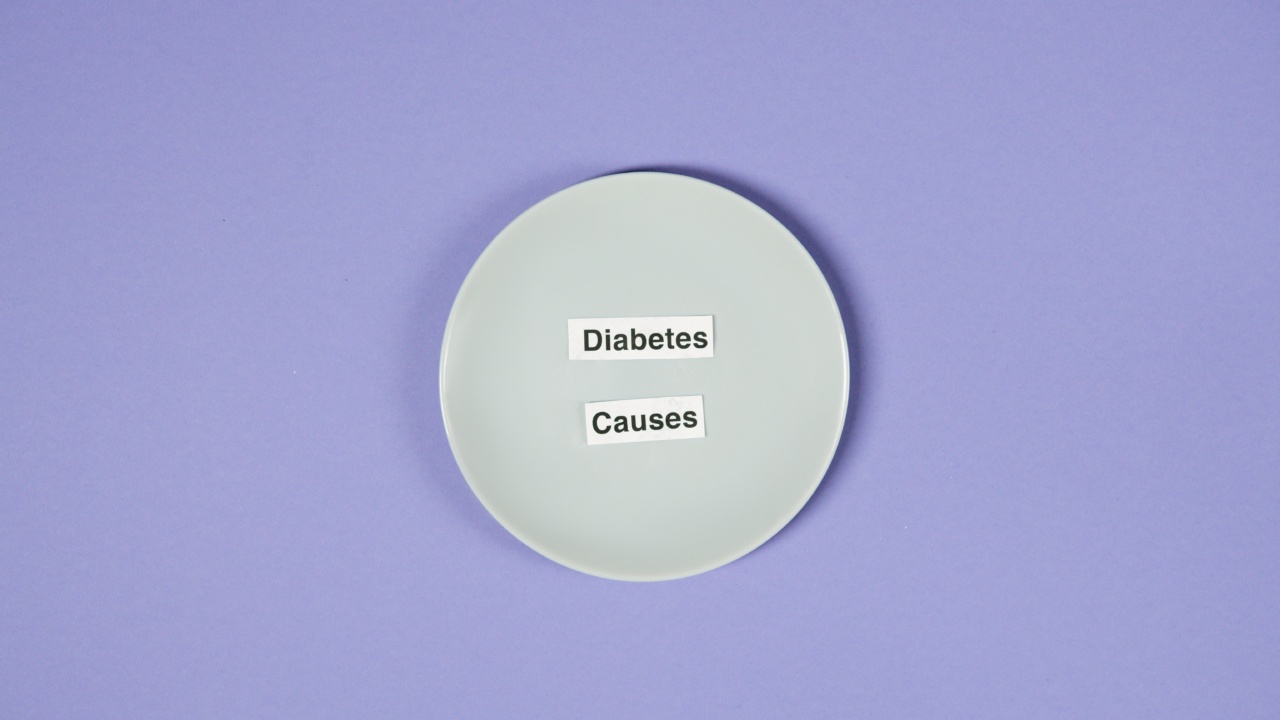Erectile dysfunction (ED) refers to the inability to achieve or maintain a firm enough erection for satisfactory sexual intercourse. While it is a common condition affecting millions of men worldwide, the exact causes of ED can vary among individuals.
In this article, we will explore the top six causes of erectile dysfunction.
1. Age
Age is a significant factor contributing to the development of erectile dysfunction. As men grow older, the blood vessels and nerves that are essential for healthy erectile function may become damaged or less efficient.
Additionally, aging may lead to a decrease in testosterone levels, a hormone crucial for proper sexual function.
2. Underlying Health Conditions
Erectile dysfunction can be an early warning sign of various underlying health conditions.
Conditions such as diabetes, hypertension (high blood pressure), atherosclerosis (hardening of the arteries), and heart disease can all impair blood flow to the penis and consequently lead to erectile difficulties.
3. Psychological Factors
Psychological factors can play a significant role in the development of erectile dysfunction. Stress, anxiety, depression, and relationship problems can often interfere with sexual arousal and performance.
These psychological issues can lead to a cycle of ED, where the fear and anticipation of experiencing sexual difficulties may exacerbate the problem even further.
4. Lifestyle and Habits
Unhealthy lifestyle choices and habits can have a detrimental impact on erectile function. Smoking, excessive alcohol consumption, and illicit drug use, particularly long-term, can contribute to erectile problems.
Obesity, a sedentary lifestyle, and poor dietary habits, such as a diet high in processed foods and low in fruits and vegetables, can also increase the risk of developing ED.
5. Medications and Medical Treatments
Certain medications and medical treatments can have erectile dysfunction as a side effect. These may include blood pressure medications, antidepressants, antihistamines, chemotherapy drugs, and prostate medications.
If you suspect that your medication is causing or worsening your erectile dysfunction, it is crucial to consult with your healthcare provider to explore alternative options.
6. Hormonal Imbalances
Hormonal imbalances, especially in testosterone levels, can contribute to erectile dysfunction. Low testosterone levels can reduce libido, impair erectile function, and lead to a decrease in sexual desire.
Certain medical conditions, such as hypogonadism or testicular disorders, can also result in hormonal imbalances that contribute to ED.
Understanding the various causes of erectile dysfunction can help individuals seek appropriate treatment and make necessary lifestyle changes.
It is essential to consult with a healthcare professional to determine the underlying cause of ED and develop a comprehensive treatment plan tailored to individual needs.































